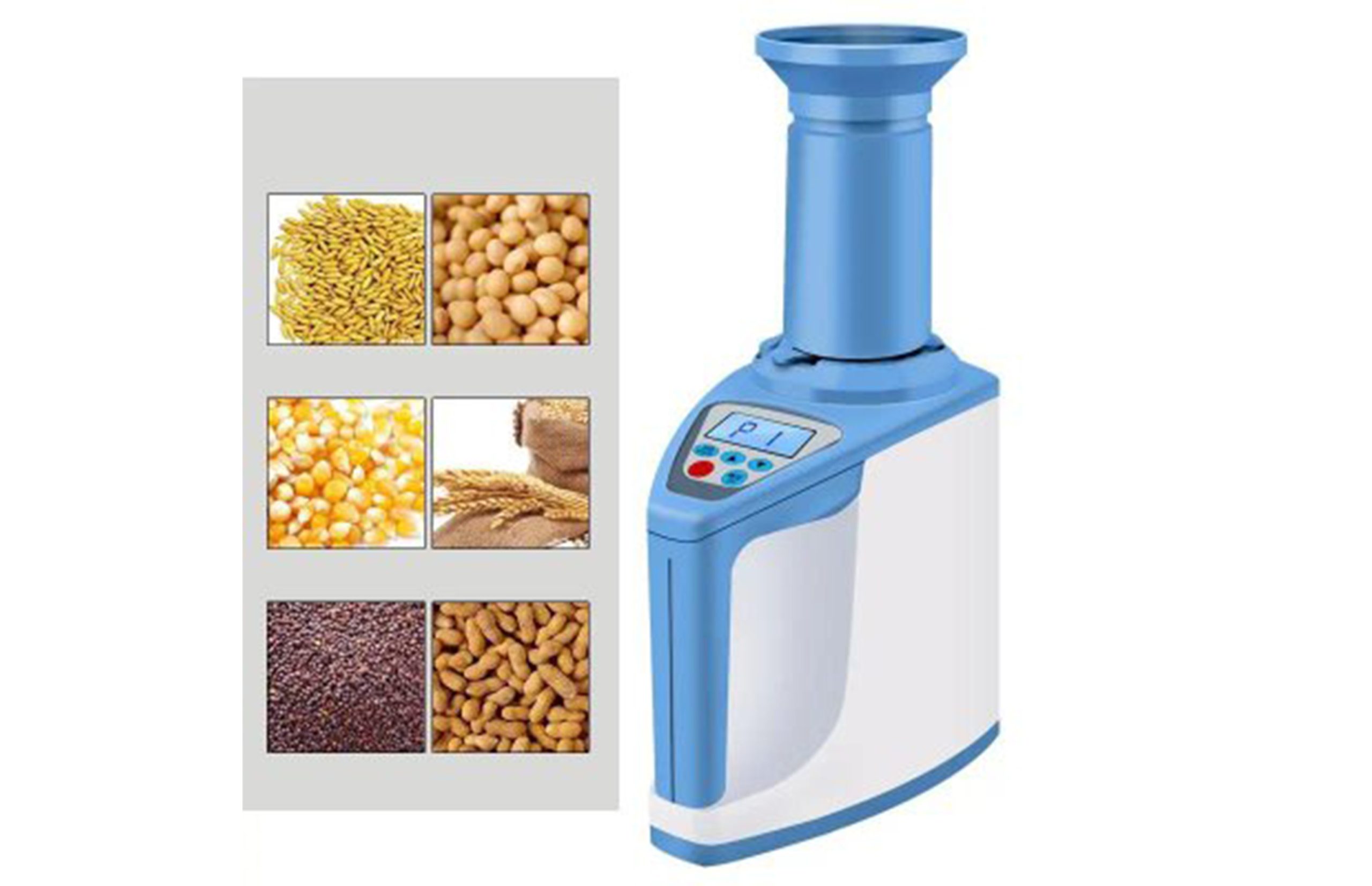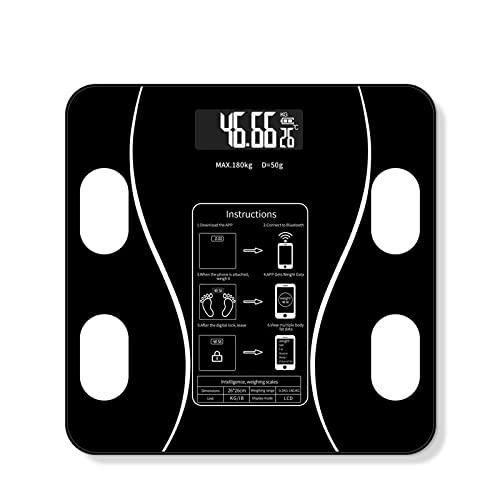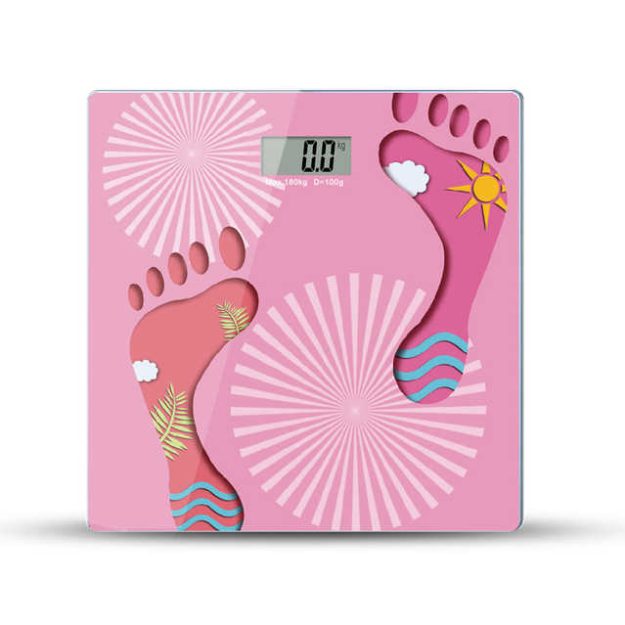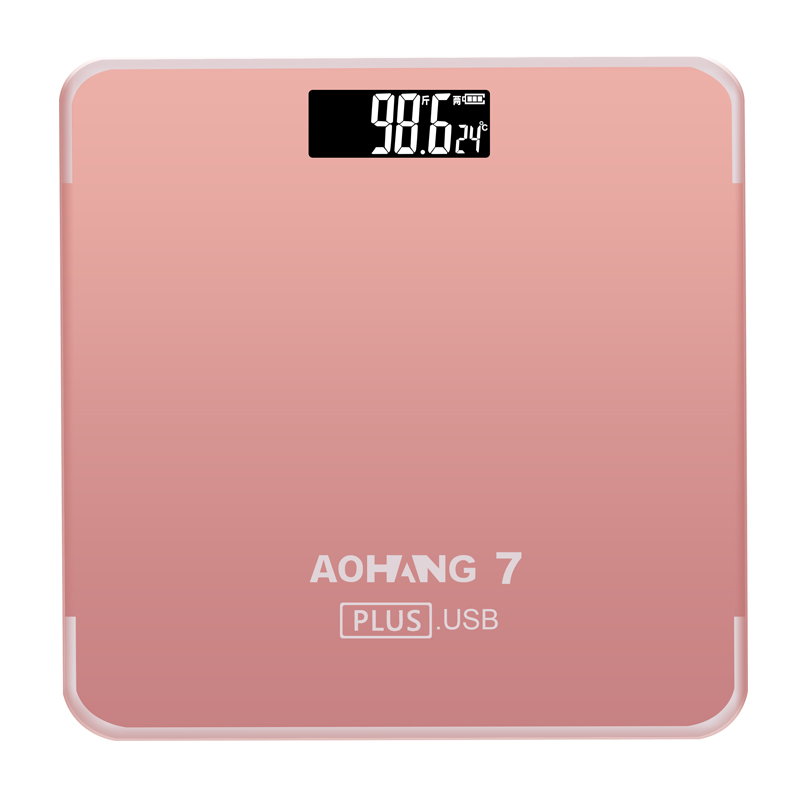A moisture sensor is a highly versatile device used to measure the water content in materials such as soil, wood, grains, and more. In Uganda, where agriculture and construction are significant economic activities, moisture sensors play a critical role in ensuring quality, efficiency, and safety. Below, we explore the ultimate function of moisture sensors across various sectors, highlighting their importance in Uganda’s context. Ultimate Function of a Moisture Sensor in Uganda
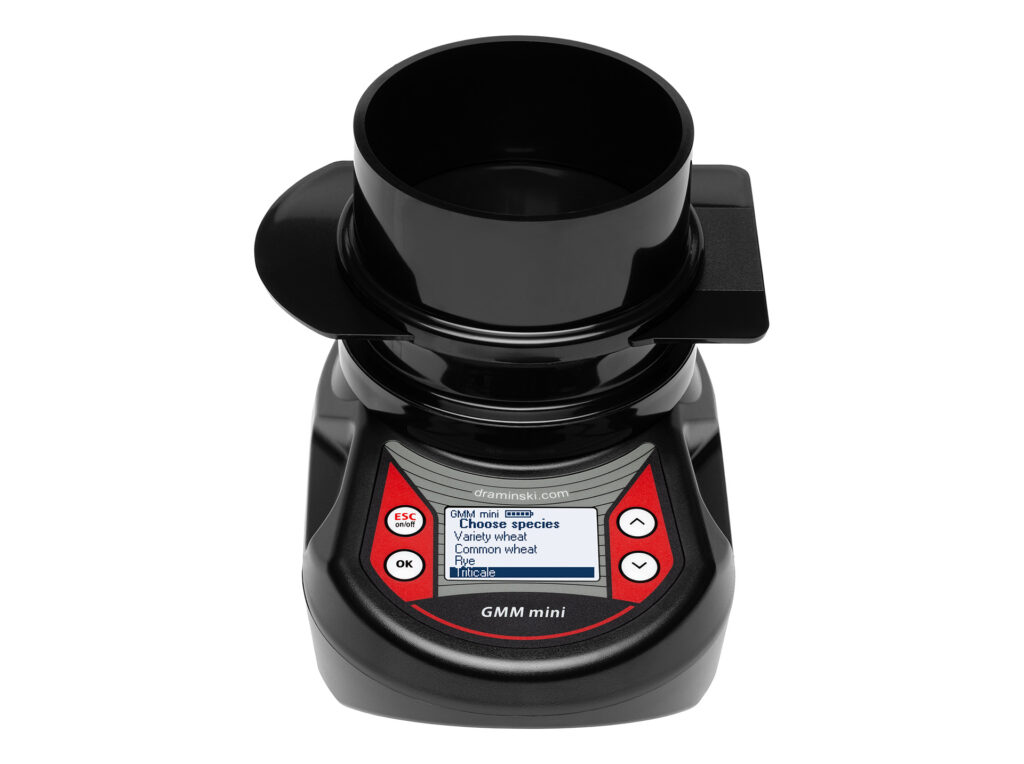
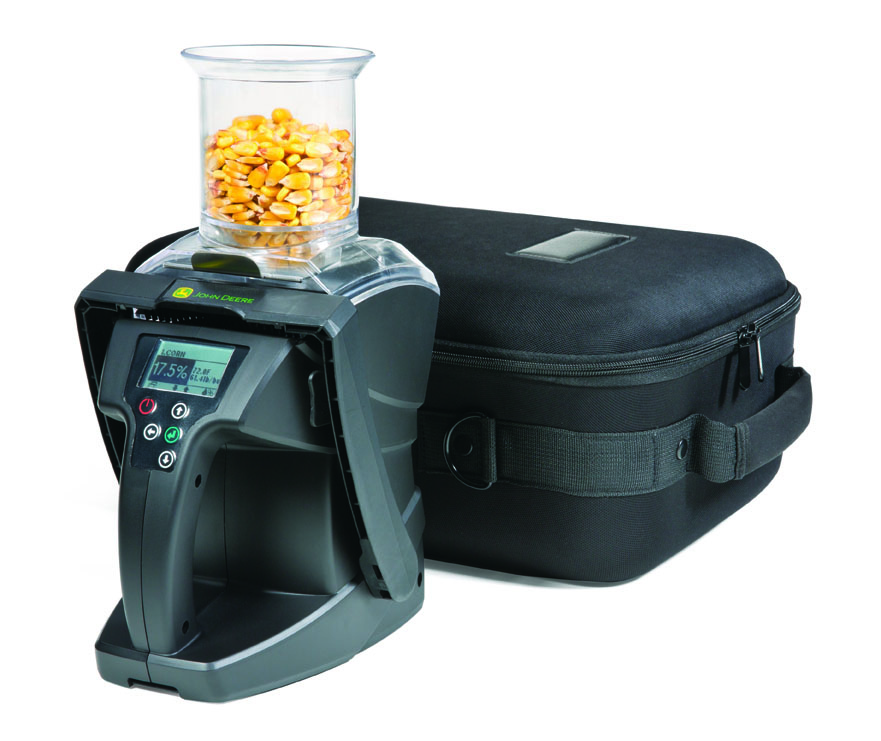
What Is a Moisture Sensor?
A moisture sensor is a device that detects and measures the moisture content in different materials. The sensor provides data that helps in decision-making, ensuring optimal conditions for farming, storage, and production processes.
Key Functions of Moisture Sensors in Uganda
1. Optimizing Agricultural Practices
- Soil Moisture Management
- Helps farmers determine the water content in the soil to plan irrigation effectively.
- Reduces water wastage and prevents over-irrigation or drought stress.
- Example: In Uganda, moisture sensors are used in precision farming to boost crop yields in coffee and maize farming.
- Grain Moisture Testing
- Measures the moisture content in harvested grains like maize, beans, and rice.
- Ensures grains are dried to safe levels for storage and prevents spoilage or mold growth.
- Application: Farmers use grain moisture meters before selling or exporting grains to ensure they meet quality standards.
2. Improving Construction Quality
- Moisture in Building Materials
- Tests the moisture levels in materials like wood, concrete, and drywall to prevent structural issues.
- Ensures materials are at optimal moisture levels before construction, avoiding cracking or weakening over time.
- Use in Uganda: Builders use moisture sensors to ensure quality control during construction of homes and commercial buildings.
3. Enhancing Storage Efficiency
- Preventing Spoilage
- Monitors moisture levels in storage units, warehouses, or silos to prevent grain spoilage.
- Protects stored materials from mold, pests, and bacterial growth.
- Example: Coffee exporters in Uganda use moisture sensors to ensure beans meet export standards (10–12% moisture content).
4. Promoting Environmental Conservation
- Wetland and Soil Monitoring
- Used to monitor moisture levels in wetlands and soil for environmental conservation.
- Supports research on water distribution and climate impact in Uganda.
- Application: Environmentalists use sensors to track changes in soil moisture levels in protected areas like the Mabira Forest.
5. Streamlining Industrial Processes
- Manufacturing and Packaging
- Ensures moisture levels in raw materials like paper, textiles, or food products are within acceptable limits.
- Prevents issues like warping, cracking, or spoilage in finished goods.
- Use in Uganda: Packaging industries use moisture sensors to ensure products remain stable during transportation and storage.
Types of Moisture Sensors Used in Uganda
- Soil Moisture Sensors
- Ideal for agricultural applications to manage irrigation systems.
- Grain Moisture Meters
- Designed to measure the water content in grains and seeds.
- Pin-Type Sensors
- Measure moisture in solid materials like wood and drywall.
- Pinless Sensors
- Non-invasive sensors used for surface moisture measurements.
- Infrared Moisture Sensors
- Use infrared technology to detect moisture in thin or flat materials like paper or textiles.
Benefits of Using Moisture Sensors
1. Prevents Losses
- Reduces spoilage of agricultural produce and construction materials.
2. Improves Quality
- Ensures that grains, soil, and industrial materials meet required standards.
3. Increases Efficiency
- Streamlines processes in farming, construction, and manufacturing.
4. Supports Decision-Making
- Provides accurate data for timely and informed actions.
5. Promotes Sustainability
- Minimizes resource wastage in agriculture and industry.
Why Moisture Sensors Are Essential in Uganda
Uganda’s economy heavily relies on agriculture, which contributes significantly to food security and exports. Additionally, the growing construction industry demands strict quality standards to ensure the durability of buildings. In such contexts, moisture sensors are indispensable tools.
Choosing the Right Moisture Sensor in Uganda
- Accuracy
- Select a sensor with high precision for your specific application.
- Ease of Use
- Opt for devices that are user-friendly and portable.
- Durability
- Choose sensors that can withstand Uganda’s environmental conditions.
- Calibration Support
- Regular calibration ensures the sensor provides accurate readings.
- Trusted Supplier
- Purchase from reputable providers like Eagle Weighing Systems for quality assurance and support.
Why Choose Eagle Weighing Systems for Moisture Sensors?
- Comprehensive Range: Offers soil moisture meters, grain moisture meters, and industrial sensors.
- Expert Advice: Guidance on selecting the best device for your needs.
- Affordable Prices: Competitive pricing in Ugandan Shillings (UGX).
- Reliable Support: Calibration, maintenance, and repair services.
Connect with Eagle Weighing Systems via Facebook, Twitter, or YouTube for updates and inquiries.
Ultimate Function of a Moisture Sensor in Uganda
The ultimate function of a moisture sensor is to provide precise, real-time data on water content, enabling better decision-making across agriculture, construction, storage, and industry. In Uganda, where these sectors are crucial, moisture sensors play a vital role in improving quality, efficiency, and profitability.
For top-notch moisture sensors and expert support, trust Eagle Weighing Systems. Visit their website today to find the perfect solution for your needs

